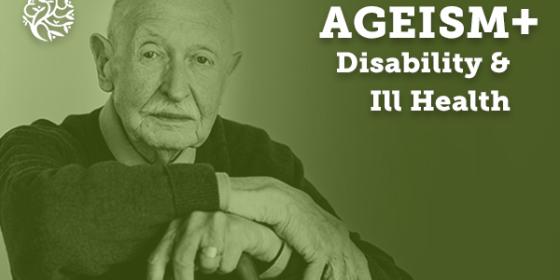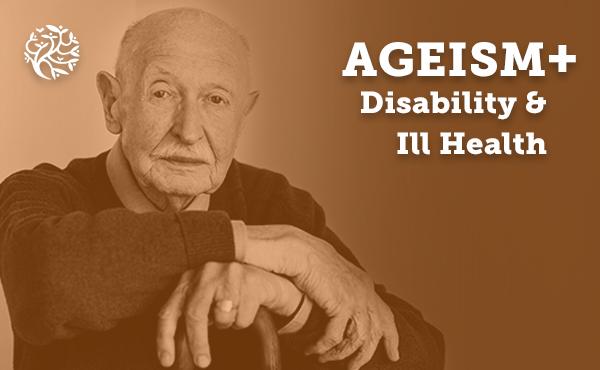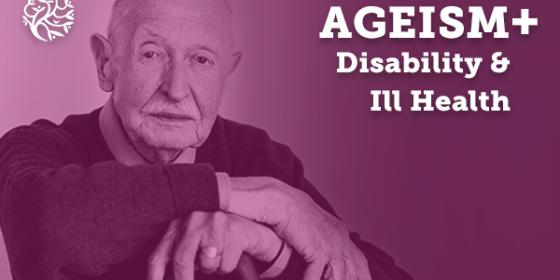 Disabled people deserve kindness and consideration
Disabled people deserve kindness and consideration
In care homes and day centres, disabled people often tell us they have little choice or control over their care.
Older disabled people, the group most affected by austerity measures
We know from a vast body of evidence that lives for older people in the UK can be very difficult. Income inequality, poor housing, social isolation and ill health blight the lives of many who are over 65.
For those with disabilities, however, circumstances can be worse still. Older disabled people are the heaviest users of local authority social services and are therefore the people most affected by UK government austerity measures implemented since 2008. Levels of social isolation are also higher amongst this group.
Few older people receive good quality, person-centred care
For people in these circumstances, it is vitally important to be able to access good quality, person-centred, healthcare, housing and support. But in truth, many older people receive poor quality care.
Forms to fill in, which act as the gateway to critical services, can be difficult to complete and confusing. Accessing a personal budget can be very time-consuming, and when you do get one you find your choices limited. People who need specialist advocacy can find themselves waiting for months and information about sources of help can be hard to find. In care homes and day centres, disabled people often tell us they have little choice or control over their care.
You need strong and committed leadership and a whole systems approach to build real co-production.
Nothing about us, without us
I do not believe we have arrived at this place through malicious intent. Cuts to services have been a big factor. The broken market of provision of care and support in some areas is another. Staff often do not receive the training they need, nor do they necessarily stay long enough to build relationships with the people they care for. So how do we get to a better place?
For inspiration we need to remind ourselves of the founding goals of the pioneering disabled people’s Independent Living Movement in the 1970s and 1980s. Under the banner of ‘nothing about us, without us’, these people called for greater choice and control so they could be the authors of their own lives. This led to the co-production movement; people who use services and carers working together as equals with professionals and practitioners to design, commission and deliver better services.
Examples of what this approach can achieve can be found on SCIE’s website, but in reality, good practice examples are still the exception rather than the norm. You need strong and committed leadership and a whole systems approach to build real co-production.
Co-production: putting older people on an equal footing
Oxfordshire, whom we are supporting with their co-production strategy, show a promising way forward. They have invested in a Co-production Board, made up of service users and of champions to embed this approach. As a result, they have successfully worked with disabled people to redesign respite care and community transport. In Hertfordshire they are trying something similar.
To improve the lives of public services for disabled older people, it will require increased investment, sustained effort to improve services and a commitment to modernise and grow the workforce. But this alone will not be sufficient. We also need to be guided by the principles and practice of co-production to create services and support which better meet the needs, aspirations and contributions of older people.
Ewan King is the Director of Business Development and Delivery at the Social Care Institute for Excellence (SCIE)

 Combating ageism in healthcare
Combating ageism in healthcare